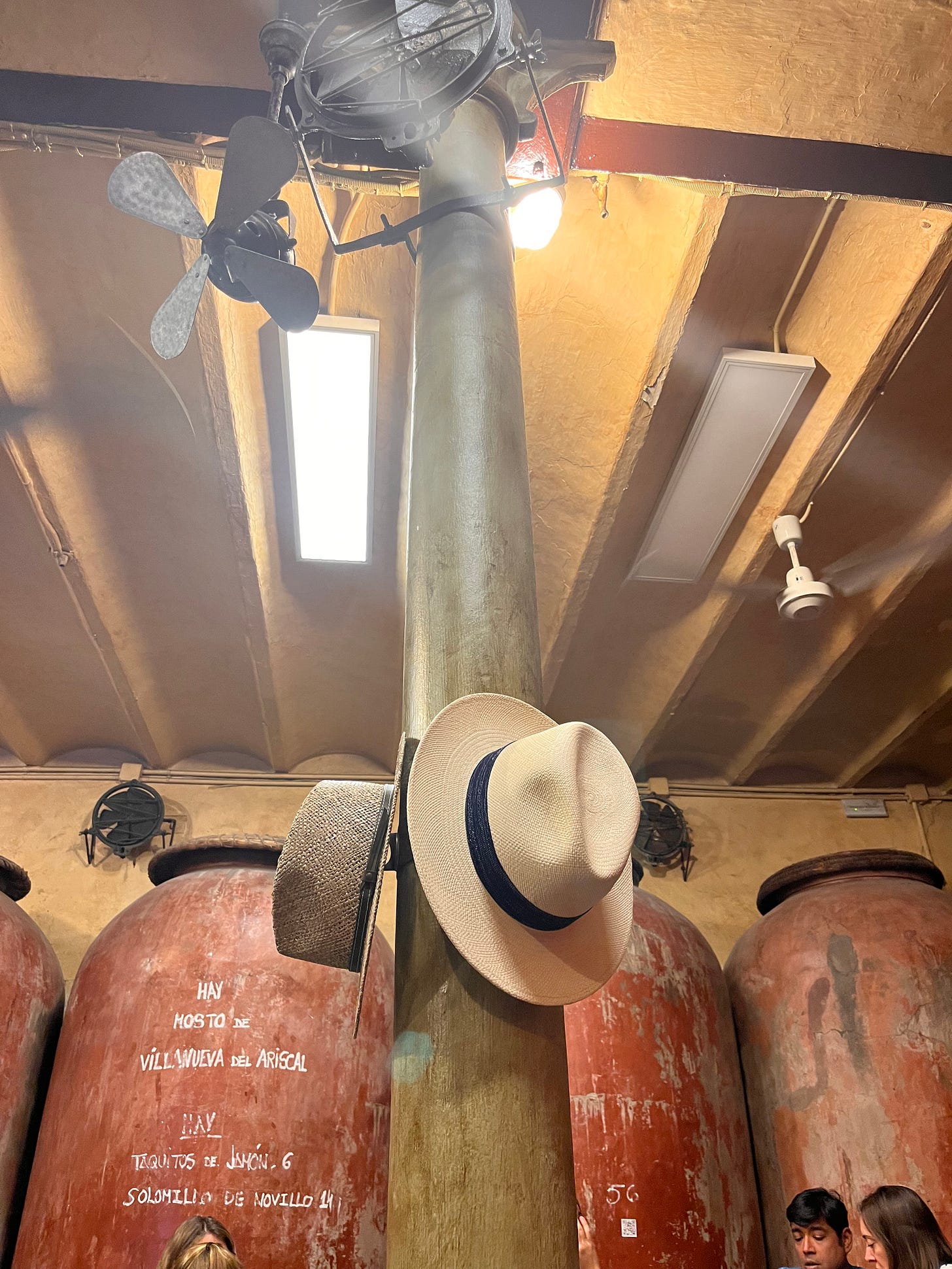For a good part of the last eight-and-a-half years I had nothing to observe but the insides of libraries. I was going through life with my nose between scuff-marked covers, the Dewey decimal stuck to the spine. I kept notes on my reading; my diary was a reader’s diary at best and a struggling writer’s at worst. Back then I had a thing for thwarted wills – I preferred commiseration to celebration. My literary model was the Kafka of the Diaries, dutifully recording my daily failures to write and to live, often confusing one for the other: ‘19 Nov 1915. Days spent uselessly, powers expended in waiting and despite all idleness the fluttering and piercing pains in my head’. Then last year, things began to change. I took a train, I climbed a mountain, I fell in love. In April I went to Spain, in May – a year ago – I started this Substack.
Joyeaux Anniversaire the French say, and if I take a moment to reflect on why I publish this diary to mark its anniversary, I think of joy. Last summer, at the opera, I thought of my life ‘as a search for a moment so blissful I’d find its passing devastating; it seems only recently that I’ve finally had it, and had it multiple times over’. I had come to know the elementary melancholy fact of sensuous life, its temporality. Having been living in my head, alone, I had been sheltered from finitude. Like Paul Valéry’s Socrates, I was already dead, a ghost, disembodied. Perhaps it’s more apt to say: I hadn’t yet been born. I desired incarnation. Just before starting this Substack I wrote that ‘my long-term project is to produce an œuvre – a body of work that could, in a metaphorical sense, be my body, my home.’ I was spectral and homeless and thought everything could be solved, like the hero in Sigismund Krzhizhanovski’s ‘Autobiography of a Corpse’, with some ink on a piece of paper.
I say joy and immediately write about melancholy. The two are dialectically related. My Lehrjahre spent reading books furnished me with archetypes. And as I ventured out in the world, I began to recognise this universal element in the particular, each flesh and blood instance of some literary morceau joyfully confirming the validity of a metaphysics beyond time. Joy isn’t possible without eternity, without God. It isn’t an orgasmic moment by itself, a state of plenitude and harmony which quickly passes away, but the knowledge that that moment is an image of the divine. Joy, it seems to me, is the object of one kind of literary life devoted, as I wrote last summer, to ‘recollection, recovery, recherche’.
I realise I’m staking out some rather large and ancient poles; I don’t know whether I’m really this Platonic. What I’m sure to have registered is a shift in temperament: I’ve been cured of my melancholy. The anxieties of twentieth-century secularism and the superciliousness of scientific naturalism no longer sit well with me. They seem transcended, no less in a writer such as Houellebecq who toys with them to great comic effect and whose own melancholy registers as a hilarious, memeable pose. I’d be very happy to say goodbye to someone like Beckett, however much I admire him as a writer. Hegel and the Gospels seem much more relevant to our age than Schopenhauer and Thomas Hardy. But I may be wrong; this is after all just a ‘vibe’.
If I have a literary model for this diary, it’s not Kafka but Roland Barthes, who wrote something tender and exquisite about everything he read. Not book reviews but those genre-defying pieces, the pastiches we call ‘literary’. I’m not a very good diarist; I’m not fastidious enough. I fail to note down the names of people I’ve met, the places I’ve been, the wines I’ve been served. I watch, read and listen to things that I love but which go unrecorded. It might be that some level of slack is inevitable, if not desirable. My ambition for this publication’s second year is to slack a bit less, to follow my enthusiasms less cautiously, less half-heartedly and to share the joy with you, dear reader. Santé!







beautiful !